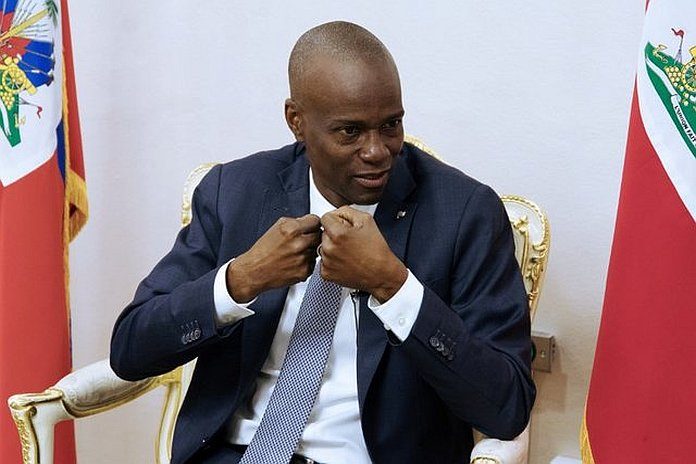PORT-AU-PRINCE, Haiti, (LatinNews Daily) – On 12 December, the Core Group – which comprises the special representatives of the United Nations Secretary General and the Organization of American States, as well as the ambassadors of Brazil, Canada, France, Germany, Spain, the European Union, and the US – expressed concern about two new security decrees passed by Haiti’s President Jovenel Moïse.
Haiti’s government claims that the decrees – one of which creates a national intelligence agency (ANI), while the other extends the definition of a “terrorist act”, establishing prison sentences of 30-50 years for violators – are necessary to strengthen public security, a major concern in Haiti. However, the decrees, which were published in the national gazette on 26 November, have drawn widespread criticism on various levels. They reignite concerns about Moïse’s practice of ruling by decree, which has been the case since January, when legislators’ terms lapsed following the failure to hold elections in October 2019. The decrees also fan concerns about impunity at a time when the Moïse government is already under pressure over a worsening human rights situation in the country.
In its statement the Core Group warns that the ANI gives “the agents of this institution virtual legal immunity, thus opening up the possibility of abuse”, as they are accountable only to the president. Regarding the other decree – which can sanction protesters for burning tyres on public highways or police (PNd’H) officers for failing to stop street demonstrations, among other things – the Core Group questions this definition of “terrorist acts”, and warns that it provides for “particularly heavy penalties.”
More generally, the Core Group warns that the decrees relate to areas “that lie within the competence of a parliament, do not seem to comply with certain fundamental principles of democracy, the rule of law and the civil and political rights of citizens.”
Indicative of ongoing international concerns regarding human rights abuses and impunity, on 3 December the US State Department announced sanctions in line with the US Global Magnitsky Human Rights Accountability Act, against three former Haitian government officials, for alleged involvement in the so-called La Saline massacre, which took place in 2018. The three are: former PNd’H officer Jimmy Cherizier, (who has since become an influential gang leader); Joseph Pierre Richard Duplan, Moïse’s former delegate for Ouest department; and Fednel Monchéry, the former director-general of the interior ministry.
– Republished from LatinNews Daily, Columbus Press





